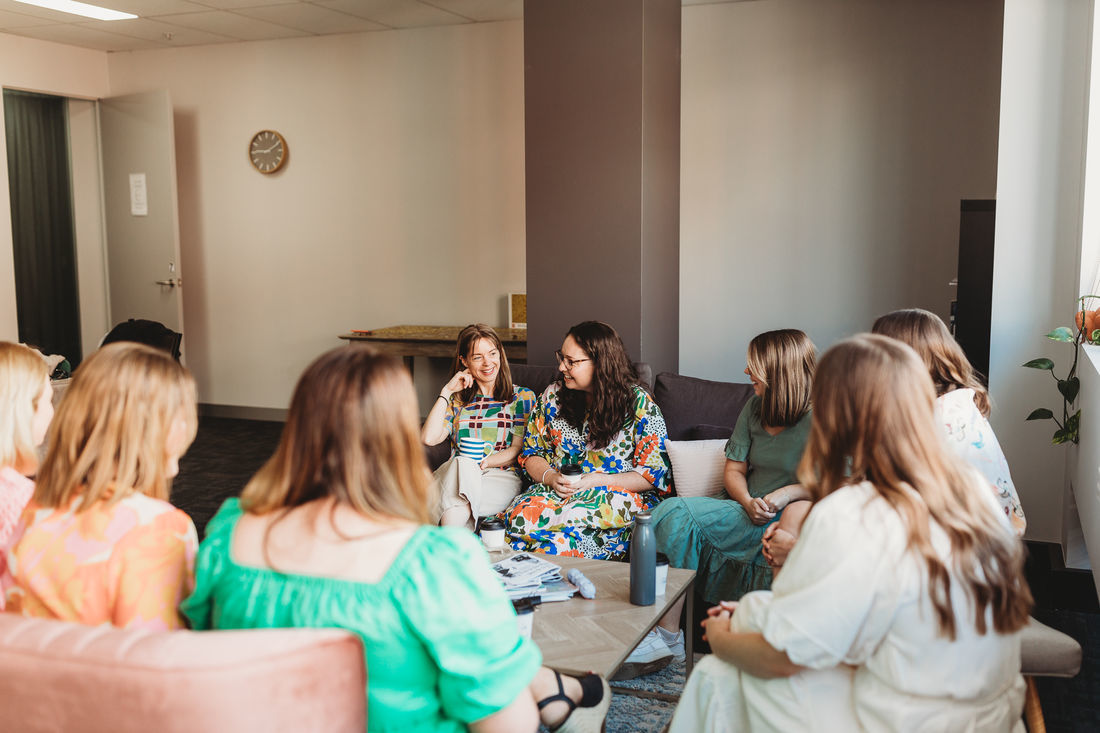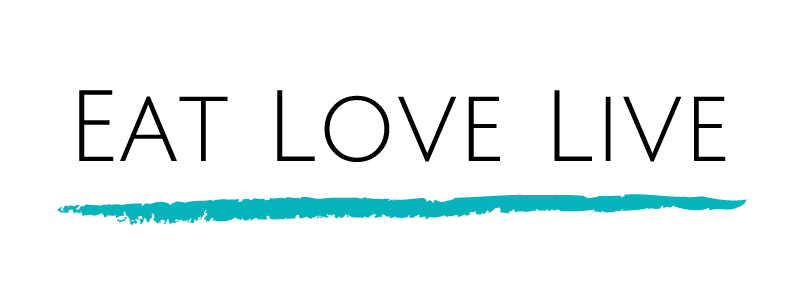Supervision FAQs
| Group supervision at Eat Love Live is designed for those that would like a space to workshop the challenges of implementing weight inclusive care for clients with disordered eating and eating disorders. |  | Whether you're new, emerging or experienced, we answer some of the most common questions asked about supervision by dietitians, mental health workers and other health practitioners below! |
What is supervision?
DSRA defines:
Supervision is a professional activity that resources dietitians personally and professionally to do their work well. Supervision is a joint endeavour in which the practitioner (with the help of a supervisor) attends to their clients, themselves as part of their client practitioner relationships and the wider systemic context, and by doing so, improves the quality of their work, transforms their client relationships, continuously develops themselves, their practice and the wider profession. - Hawkins and Shohet Supervision in the Helping Professional (2012)
At Eat Love Live, we view supervision as a valuable platform that promotes safety among professionals, fostering an environment for reflection on professional practice. The practice of reflection enables personal growth, professional development, and the processing of challenging situations and emotions that arise from clinical practice. It serves as a space to delve into ethical dilemmas, exchange ideas, engage in discussions, and explore any other topics that can contribute to your progress.
In supervision, we emphasise a collaborative approach among peers. While one person facilitates the process, there is no hierarchical structure or authoritative role involved. The purpose is not to evaluate one's practice, and there are no absolute right or wrong answers.
Supervision can be conducted either in a one-on-one setting or in a group format. However, we acknowledge that regular one-on-one supervision can present various challenges, often due to financial constraints. In such cases, group supervision offers a more cost-effective alternative that facilitates consistent attendance and support. Additionally, group supervision brings the added benefit of learning from other practitioners; everyone practices differently and learning from each other provides a wide range of approaches - as we all know there is no one right way to think!
Should I be getting supervision?
As our dear colleague Fiona Sutherland says "If you are working with humans- then yes, you should be getting supervision!"
Providing support and holding space for individuals in their journey with food and their body can be challenging and emotionally taxing. Supervision provides a dedicated space where you can reflect on your interactions with clients and the personal responses they may evoke within you. It serves as a platform to workshop various issues, concepts, and ideas related to your work.
How do I prepare for supervision sessions?
When it comes to supervision, it is beneficial to allocate time to review our reflections and ideas before the session, preparing ourselves for the topics we want to discuss.
Sometimes the focus may be on a particular client situation, delving into its intricacies. Other times, it might revolve around an interesting idea or topic that has caught our attention. Occasionally, we may have a direct question in mind that we wish to explore.
During the session with our supervisor, we have the opportunity to talk through all these thoughts and concepts together. Through this collaborative process, we approach our practice with curiosity, compassion and helps us to dive deeper in our practice, developing our skills to support client-centred care.
How do I get the most out of supervision?
The founder and clinical director of Eat Love Live, Jo Money, has generously shared some practices that she finds helpful in her own supervision. She encourages you to take a moment to reflect on how uncomfortable or challenging ideas resonate within you. Do these ideas bring up any emotions or reactions? If so, she invites you to embrace curiosity and consider the possibility of exploring and experimenting with these practices or similar approaches.
Jo in her own words:
"The first is using a Reflective Practice Journal.
I have a journal, in the past it was a paper one and now it is a google doc I can access anywhere!
After client sessions, supervision sessions, peer discussions, reading, learning etc I take the time to jot down any thoughts, ideas, things that made me uncomfortable, and things that felt good and like wins.
At the end of a tough day of clients I will off load anything that is feeling sticky or I'm unsure about in the journal. This is helpful as it helps me to leave work at work and transition to home time."
should i do anything After supervision sessions?
It is beneficial to set aside a few minutes after a supervision session, approximately 10 minutes, to capture any reflections, ideas, and action points that emerged during the session. This practice helps promote a sense of calm and happiness afterwards. Without this intentional reflection, there is a risk of walking away and subsequently forgetting the valuable content or important aspects that we would like to progress further with.
okay, but i'm still not sure supervision is for me?
We have some amazing colleagues in our field and we really value their voice. Want to know more about why supervision is so important? See below some links to additional commentary around supervision.
Dietitian Supervision Resources Australia
